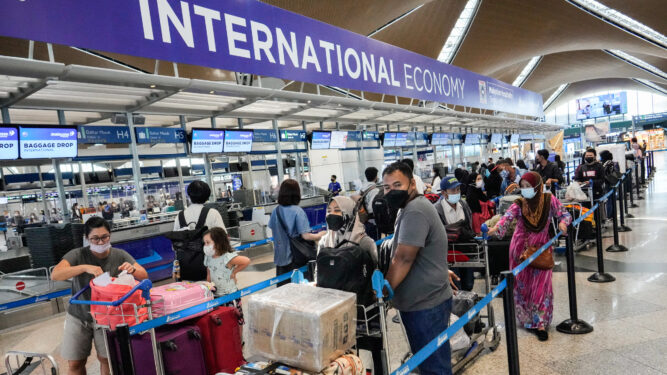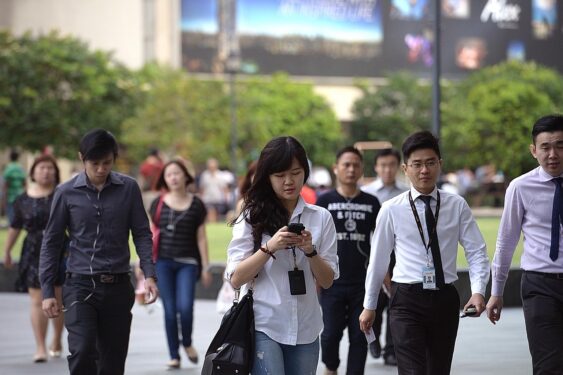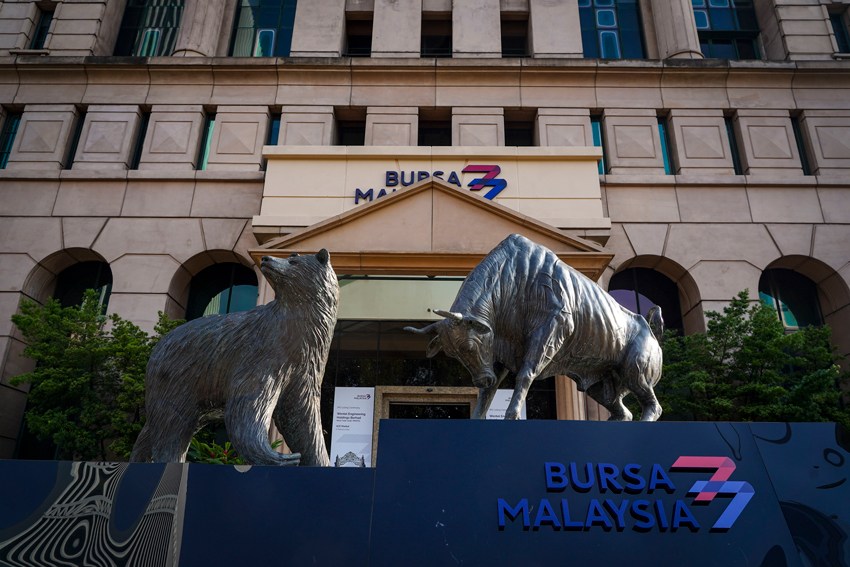By Xavier Kong
CONCERNS over the Covid-19 outbreak have led to sprees of panic buying in Singapore, with supermarket shelves cleared of stock. Even in Malaysia, we see a distinct lack of stock in face masks and sanitisers of any brand. But just how is consumer confidence looking to shape up over the coming weeks?
Malaysian Institute of Economic Research (MIER) senior research fellow Shankaran Nambiar notes that consumer confidence has not been particularly strong, with the institute’s Consumer Sentiment Index declining over the past three quarters.
“In the second quarter of 2019, the index recorded 93 points, seven points below the threshold, and it has been slipping since then, with 3Q19 showing 84 points and 4Q19 showing 82 points,” shares Nambiar, who also believes that the low growth rate in the fourth quarter of 2019, along with the worries of the Covid-19 outbreak this year, would make it “very unlikely that there is space for consumer confidence to rise above levels seen last year.”
“With the outbreak and given the way the media has played it up, consumers are naturally anxious. The retail sector would have been badly hit the last several weeks. There’s anxiety, too, about the global economy. These factors would dampen consumer confidence,” explains Nambiar.
“Remember, even without the outbreak there are concerns about the Middle East, the lower price of oil, and the lower demand for palm oil from China and India. The numbers for global growth are not brimming with vitality, in any case. Add to that the virus outbreak and you can see why consumer confidence will sag,” he adds.
7-Eleven Malaysia Holdings Bhd CEO Colin Harvey agrees that the impact of the Covid-19 outbreak is likely to be felt later on.
“One risk is that to the global supply chain; imagine China is shut down, what does that do to manufacturing, what does that do to the flow of goods?” says Harvey, adding that the worry right now is that the outbreak will continue and spread geographically, which would also bring greater impact.
Not as calamitous
That said, consumer confidence moving forward is likely to remain depressed, but Nambiar believes it will not depreciate to the point of 2016’s low of 63.8.
“I don’t think anything as calamitous as that will happen. With the swift implementation of a comprehensive stimulus scheme we can avoid a severe drop in consumer sentiments. This has to be coupled with measures such as bridging loans for companies and some flexibility in loan repayment,” says Nambiar, adding that the longer the outbreak lasts the more consumer confidence is going to slip. This, in turn, will affect business sentiments.
As such, the Malaysian government has come to the decision that a stimulus package will be introduced to counter the slump in consumer confidence caused by the coronavirus outbreak, and Economic Affairs Minister Mohd Azmin Ali has also promised that there will be no delay in the implementation of the stimulus package.
At the time of writing, there are no details on the stimulus package yet, with Azmin noting that the government is still in the process of “fine-tuning.” Prime Minister Tun Dr Mahathir Mohamad will be announcing the details of the stimulus package on Feb 27.
However, AllianceDBS Research has come up with a list of possible measures under the new stimulus package. The first measure that could potentially be a part of the package is the temporary reduction of the Sales and Service Tax (SST).
The research house believes that a reduction of the SST to 3% across all sectors for a six-month period “could provide a huge impetus to private consumption,” which in turn could mean a potential RM7 bil injected into the domestic economy.
Another possible option is the increase in the tax claim for sponsorship of arts, cultural and heritage activities in Malaysia, which could further encourage private sector participation in local arts, cultural and heritage activities, thus “spurring a higher number of tourist arrivals.”
The local hotel industry could also be boosted through the government potentially instructing agencies to hold conferences and meetings in hotels and resorts, to help mitigate the loss of tourist revenue. This could also signal a collaboration between the government and the Malaysia Association of Hotels, which would aid the industry without straining government coffers too much.
A voluntary option to cut employee contribution to the Employees Provident Fund by at least 2% to boost household consumption could also be on the cards. According to AllianceDBS Research, “for every 1% cut in EPF contributions by employees, it is estimated that up to RM2 bil net contributions could be added to the disposable income for households. Based on Bank Negara Malaysia’s estimate of household consumption multiplier at 1.5 times, we expect this move to translate into potential additional consumption of some RM3 bil.”
“In light of the already expansionary Budget 2020 and the impending announcement of a fiscal stimulus package, we believe that the Malaysian economy, whose domestic growth is mainly driven by private consumption, will continue to be well anchored,” says the research house. – March 4, 2020









